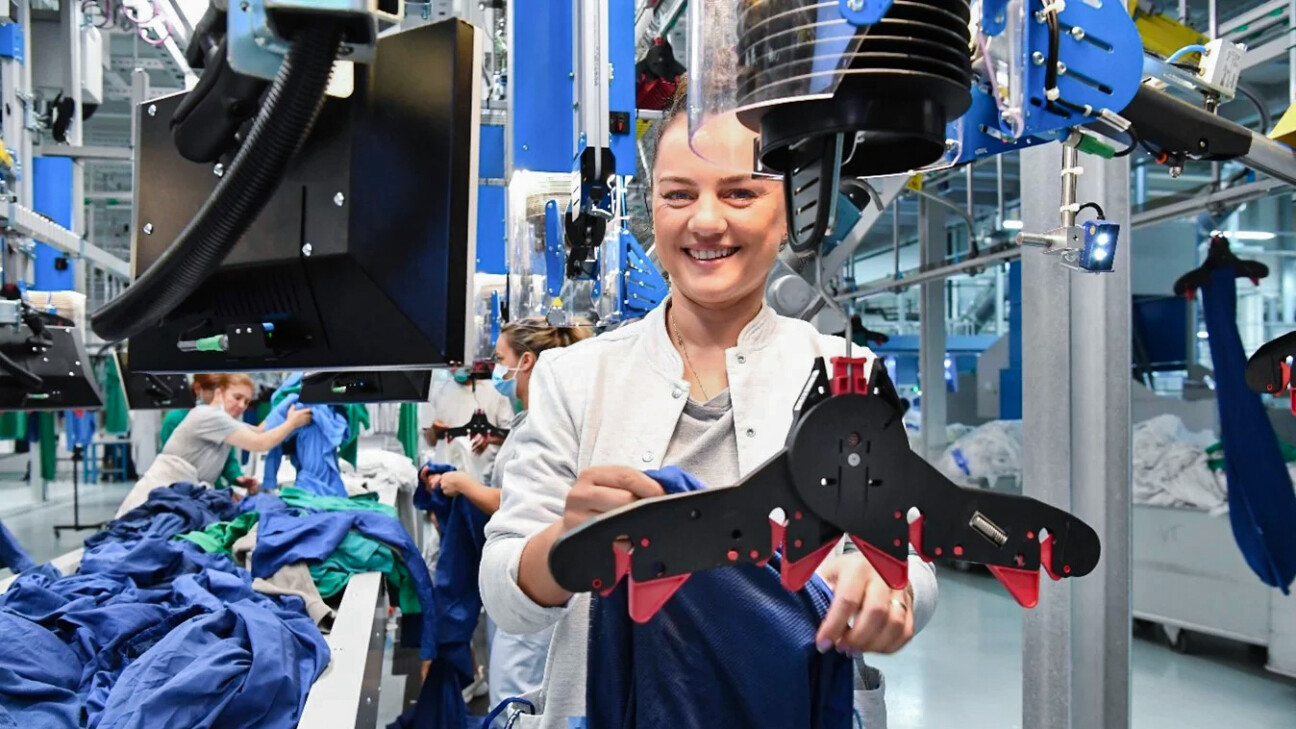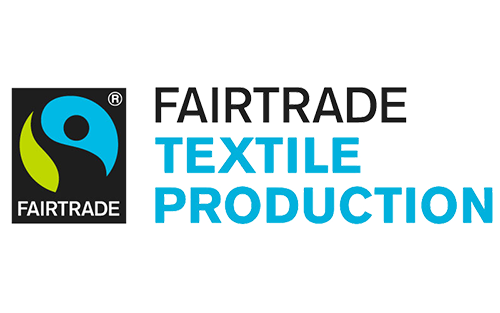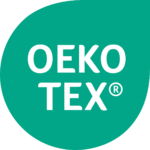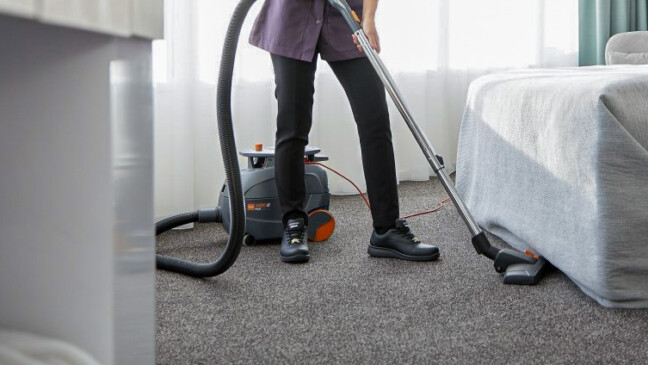
22.12.23
Sustainable workwear: a key to responsible entrepreneurship
Have you ever wondered how your decisions as a textile manager for your company can positively impact not only your bottom line, but also the environment and society? In this blog post, we dive into the topic of sustainable workwear and discover that it's far more than just a fashion statement - it is a crucial step towards responsible entrepreneurship.

What makes workwear sustainable?
Sustainability in workwear is a comprehensive concept. Starting with the fair treatment and payment of the raw material producers, the focus is on the durability and reparability of the garments through to the recycling of the textiles at the end of their useful life. Sustainable workwear is designed to meet the needs of today’s wearers without placing too much strain on the environment and society and thus unnecessarily consuming the resources of future generations. Economic, ecological and social aspects are given equal consideration.
Sustainable materials – what is there to know?
When choosing sustainable workwear, the materials used play a key role. Natural fibers such as cotton or cellulose-based materials are often a good choice. The focus here is on wearing comfort. Important to know: synthetic fibers can also be sustainable, e.g. if they are made from recycled polyester. They make clothes hard-wearing and save us a lot of resources during processing. These materials not only offer environmental benefits, but also meet the functional requirements of modern workwear.
The importance of seals and certificates
There are a number of different seals and certificates that focus on different aspects:
Promotes social and ecological standards in cotton cultivation (e.g. the ban on child labor, occupational safety and restricted use of pesticides).
Home | Cotton made in Africa | CmiA

State seal (Germany) that defines ecological and social criteria for textiles.
Green Button | Grüner Knopf (gruener-knopf.de)
Certified recycled performance fibers, especially from plastic bottles.
REPREVE® | Sustainable. Certifiable. Recycled. High-quality…

International standard for fair working conditions and human rights.
SA8000® Standard – SAI (sa-intl.org)

Indicates textiles that have been produced under fair working conditions and fair pay for all those involved in the manufacturing process.

Why the investment is worthwhile
Buying sustainable workwear may initially seem like a higher investment, but the benefits are far-reaching. Not only do they strengthen your company’s image, but they also promote employee loyalty, as sustainability issues are also becoming increasingly important for employees. In addition, sustainable workwear is in no way inferior to conventional workwear in terms of quality and protective function.
Investing in sustainable clothing is more than just ethically motivated; it is a strategic decision that can benefit your company in many ways. From medium-term cost savings to improved risk management and a stronger corporate image.
An additional step: professional textile cleaning
One aspect of sustainability that is often overlooked is the care of clothing. Professional textile cleaning can considerably extend the life of workwear, which makes both ecological and economic sense. This is where bardusch AG is your ideal partner. Outsourcing dry cleaning to a textile management company like bardusch AG is both ecologically and economically advantageous. By using advanced and environmentally friendly technologies, water and energy consumption are reduced. Together with the use of sustainable textiles and optimized quantity planning, our customers not only reduce their costs but also make a significant contribution to greater sustainability.
We are not yet completely chemical-free when it comes to processing textiles. But we already use significantly less chemicals, energy and water to process our clothing than household washing machines, for example. This is also because we process large quantities of laundry efficiently. Our dosages are perfectly matched to the groups of items being washed. This means that we only use the chemicals that are required for your specific laundry needs. In this way, we ensure that your garments are optimally cleaned without any unnecessary impact on the environment.
Environmentally friendly cleaning against germs and bacteria ensures that the textiles are not only clean, but also hygienic. This is particularly important for facilities in the healthcare, food and catering industries. A durable clothing design and an in-house repair service extend the service life of the textiles.
In addition to professional textile cleaning, we attach great importance to optimized procurement with the aim of only producing as many textiles as are actually used. Standard collections in particular help to optimize quantity planning. At the same time, they ensure that our customers always have enough clean and functional laundry without needing too many items as a buffer in the laundry cycle.





Tell us what you think
Be the first to comment this post.
You must be logged in to leave a comment.